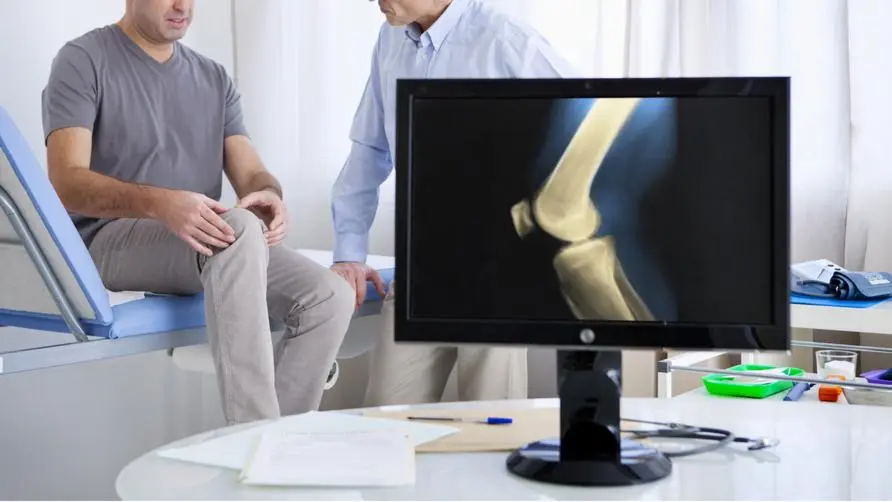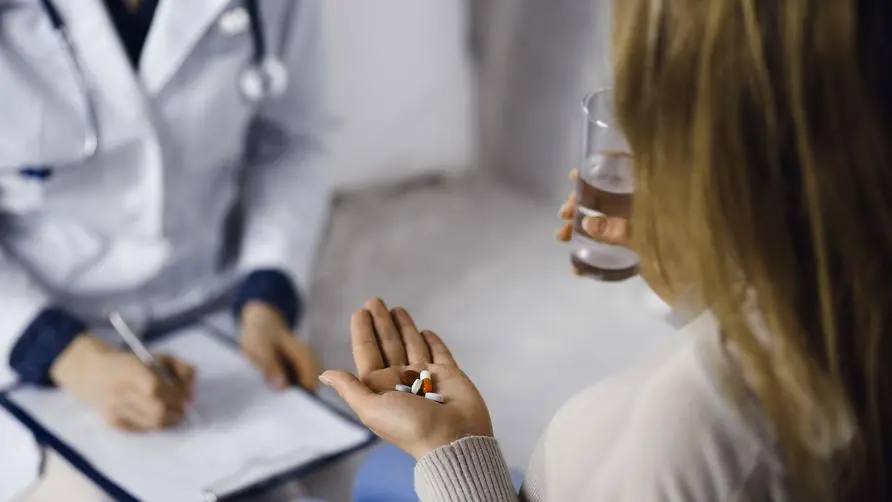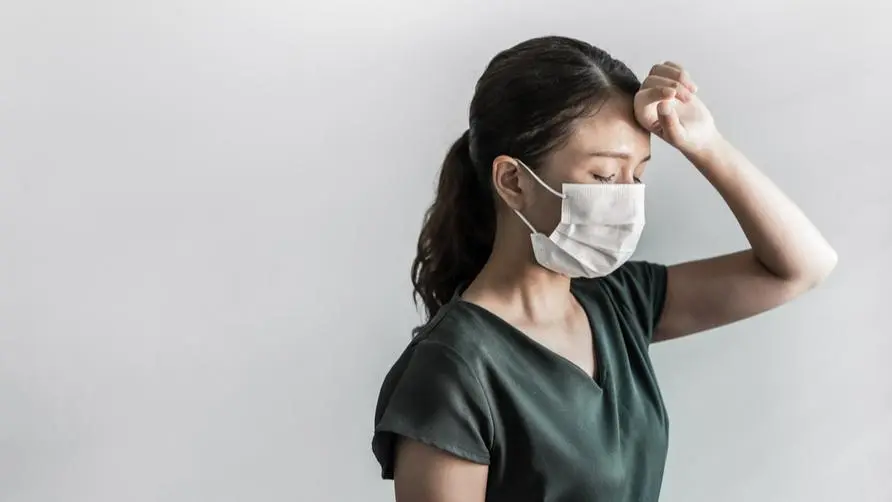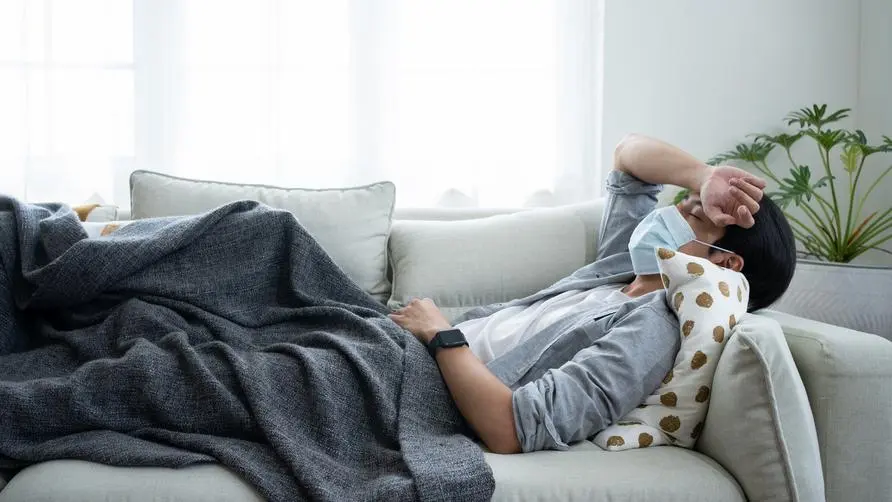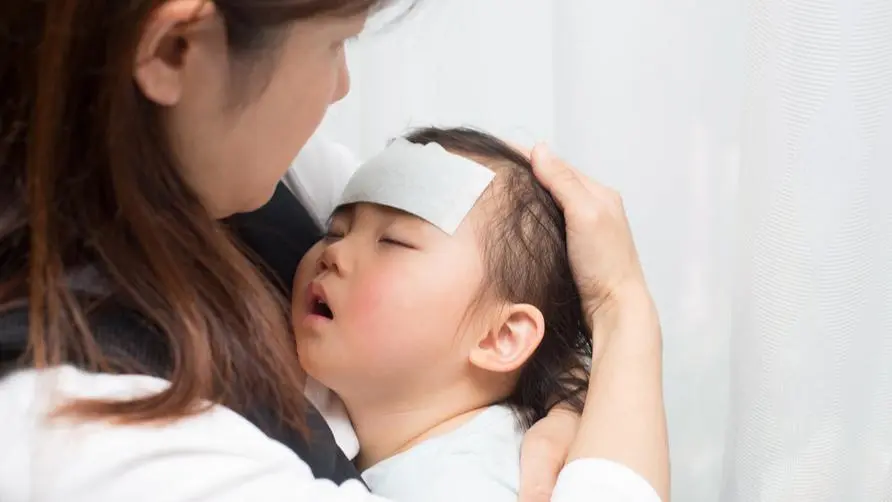Should you pay attention to "symptoms worsening" if you are diagnosed with rapid screening? Doctors name 6 signs to seek medical attention quickly
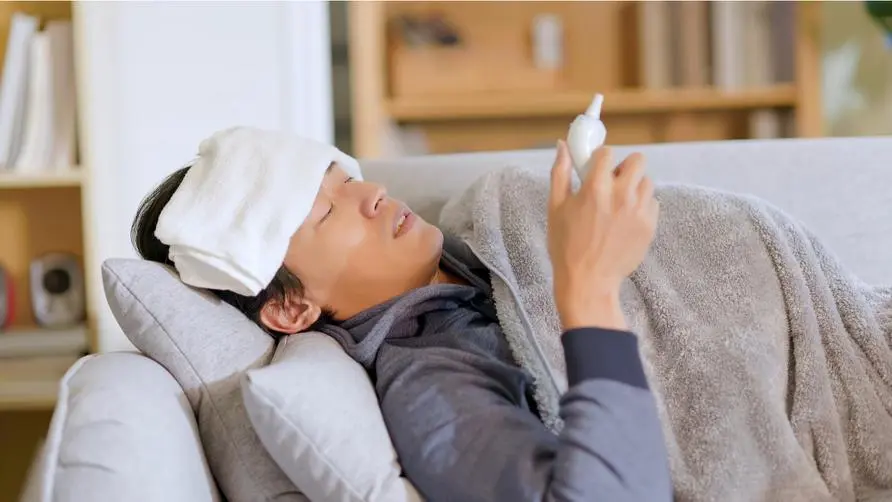
Be careful if your symptoms worsen if you are diagnosed with a positive test result and are quarantined at home
The command center announced that “rapid screening positive equals confirmed diagnosis” will be expanded to the general public. It is expected that more confirmed cases will require home isolation care. How to reduce the risk of infection in the household? Doctor Yang Qingzhen, director of the Infectious Diseases Department of Shalu General Hospital of Guangtian General Hospital, said in an interview that when taking care of patients with mild symptoms at home, they should pay more attention to drinking water and rest, and be aware of any changes in symptoms at any time to avoid delays in seeking medical treatment.
Dr. Yang Qingzhen pointed out that about 99.7% of the currently diagnosed patients have mild symptoms. During home care, they should be isolated in a separate room, with one person per room and separate bathroom space as the principle, so that the body can fully rest and replenish enough water. After the doctor prescribes medicine on site or via video consultation, take the medicine according to your physical condition, such as using antipyretics for fever.
During home care, you should pay attention to physical symptoms. Dr. Yang Qingzhen reminds that when the elderly or young children are diagnosed, the physical changes are unpredictable. You should pay attention to whether symptoms worsen, including wheezing, difficulty breathing, chest pain, chest tightness, and unconsciousness. , or the circulation of the limbs becomes poor, and the skin, lips, and nails turn blue and cyanotic, you should immediately report to the health unit or call 119 for emergency treatment.
How to avoid infection when caring for someone diagnosed? Pay attention to clean hands before and after contact
Dr. Yang Qingzhen said that when taking care of patients with mild symptoms, direct contact with confirmed family members should be avoided, family members should try not to leave the room, and bathroom facilities should be separated. Keep windows open and air circulation at home. Alcohol and diluted bleach should be prepared in bathrooms and toilets, which should be cleaned and disinfected after use.
Those diagnosed should not eat with family members who live with them. Tableware should be washed and disinfected with gloves after use. Remember to wash your hands again after washing. If you need to enter the room of a confirmed family member, both parties should wear masks. In addition, if you need to touch items contaminated by the blood or body fluids of a confirmed patient, you should wear gloves. You should also wash your hands properly after contact and avoid touching your mouth and nose.
Dr. Yang Qingzhen reminded that there is still a certain risk of infection when taking care of people diagnosed with mild symptoms. They have risk factors themselves, such as being over 65 years old and suffering from immune diseases. It is not recommended to take care of confirmed family members directly. It is best to live in separate isolation. Clothing should also be washed separately when living together.
Is it possible that the rapid screening test is a false negative? Which Omicron symptoms are most common
If a positive test result from the rapid test is treated as a confirmed diagnosis, should we worry about “false negatives” if symptoms occur but the test result is negative? Dr. Yang Qingzhen suggested that if the test is negative but there are symptoms, you can screen again every 1-2 days. Because the testing site and method may not be accurate, false negatives may indeed occur. Especially if you have contact with confirmed cases, it is best to increase the frequency of rapid screening. Rapid screening can be performed every day if the economy allows.
Dr. Yang Qingzhen pointed out that based on the current diagnosis of Omicron, about 50% of patients will have fever symptoms; 60% of adults will have obvious sore throats, and patients will even describe it as “painful as a knife.” Other possible symptoms include runny nose, cough, hoarse voice, headache, body aches, loss of appetite, nausea, shortness of breath, chest tightness and chest pain, etc. People are reminded to pay attention to their physical condition.
You should also pay attention to 2 symptoms when you are diagnosed at a young age! Doctors remind you not to tolerate it any longer and seek medical advice quickly
Positive results of home rapid screening still need to be judged and evaluated by medical personnel. Dr. Yang Qingzhen reminded that patients with mild symptoms can use video diagnosis and treatment, and prepare their identity documents and rapid screening reagent results for the doctor to confirm, and evaluate whether oral antiviral drugs need to be prescribed. When the risk factors are met and within five days of the onset of illness, the physician will remind you of drug interactions and that oral antiviral drugs have not yet passed drug-harm relief, and the patient or agent must give informed consent before prescribing the drug.
Risk factors for severe disease after SARS-CoV-2 infection include: age older than 65 years, diabetes, chronic kidney disease, cardiovascular disease (excluding hypertension), chronic lung disease (interstitial lung disease, pulmonary embolism, pulmonary hypertension, tracheal dilation, chronic obstructive pulmonary disease), tuberculosis, chronic liver disease (cirrhosis, non-alcoholic steatohepatitis, alcoholic liver disease, and immune hepatitis), disability (attention-deficit and hyperactivity disorder, cerebral palsy, congenital defects , developmental or learning disabilities, spinal cord injury), mental illness (mood disorder, schizophrenia), dementia, smoking, BMI greater than 30 (or BMI greater than the 95th percentile for children and adolescents aged 12–17), pregnancy, Diseases that affect immune function (HIV infection, congenital immunodeficiency, solid organ or blood stem cell transplantation, use of steroids or other immunosuppressants).
Dr. Yang Qingzhen reminded that most people with mild symptoms should abide by the epidemic prevention regulations of the Central Epidemic Command Center when taking care of themselves at home. The focus is to allow the body to rest properly and pay attention to drinking water and eating. Most symptoms will be relieved within 2-3 days. Young people diagnosed with COVID-19 should also be reminded not to ignore changes in symptoms. When experiencing extreme discomfort such as difficulty breathing or chest tightness, they should not tolerate physical discomfort and seek medical treatment at the emergency department of a medical institution in a timely manner.
Further reading:

